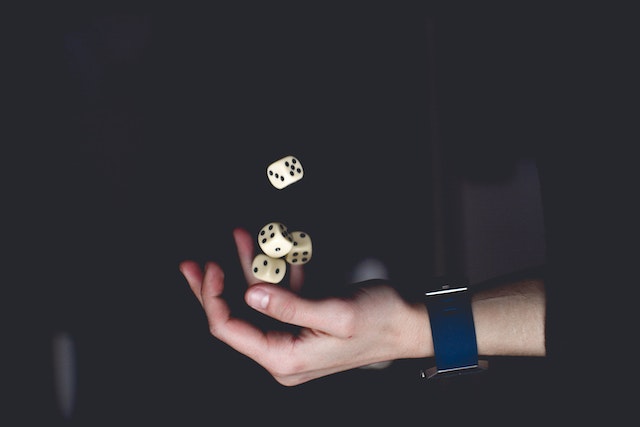A gambling addiction can have a huge negative impact on your physical health, mental health, and relationships. It can also leave you in serious debt that can affect you for the rest of your life. If gambling is causing major problems for you or your loved ones, there is a solution. When you decide to stop, we’re here to help you with support and treatment.
What is gambling addiction?
Gambling problems can affect anyone in any situation. What starts out as a fun, harmless source of entertainment can transform into an unhealthy addiction with serious consequences. Whatever form your gambling habits take, they can put a major strain on your relationships, negatively affect your work, and set you on the road to financial disaster.
Gambling addiction is known by many names, including gambling disorder, compulsive gambling, and pathological gambling. It’s an impulse-control disorder that means you can’t control the urge to gamble, even when you know there will be negative consequences.
You don’t have to be completely out of control to have a gambling problem. A gambling addiction is any gambling habit that disturbs your life. If you find yourself constantly thinking about gambling, spending more time and money on it as time goes on, chasing bets you’ve lost, or gambling despite major consequences to your life, you have a gambling problem.
Do you have a gambling addiction?
Here are some questions to help you determine if you have a gambling addiction. Keep track of your score according to the following:
- 0 points for “never”
- 1 point for “sometimes”
- 2 points for “most of the time”
- 3 points for “always”
- Do you gamble more than you can afford to lose?
- Do you bet with larger quantities of money to get the same feeling?
- Have you tried to win back lost money?
- Have you sold something to get money for gambling?
- Have you borrowed money to gamble with?
- Have you wondered if you have a gambling addiction?
- Has gambling resulted in health problems, including feeling anxious or stressed?
- Have other people suggested that you may have a problem with gambling?
- Has gambling caused financial problems for you or your family?
- Have you ever felt guilty about gambling or what happens when you bet?
If you score 10 or more, it’s likely your gambling is causing problems for you and those around you.
What you can do about it
If your gambling addiction is causing you problems and you’re ready to do something about it, follow our advice.
- Do pay important bills, such as your mortgage, as soon as you receive them and before you gamble
- Do spend more time with friends and family who don’t gamble
- Do deal with your debts instead of ignoring them
- Don’t think of gambling as a way of making money — see it as a form of entertainment
- Don’t keep your worries about your gambling addiction to yourself — speak to someone
- Don’t take credit cards with you when you go gambling
Self-help
Therapy is one of the best ways to overcome gambling addiction. But there are several things you can do on your own while you wait for your first therapy session. The first step on the road to recovery is realizing that you’ve got a problem. It takes a huge about of courage and strength to accept this, but it’s something you’ve got to do. After that, you can start working through the following to beat your bad habit.
- Discover new, healthier ways to relieve unpleasant feelings. If you gamble when you feel lonely, bored, or stressed, find new ways to combat those negative emotions. Make new friends, try a new hobby, or take up a new workout routine. Try different things until you find what works for you.
- Find a support network. It’s difficult to battle any addiction without a solid support group. Reach out to family and friends and let them know you need their help.
- If there’s no one in your life you can ask, search for gambling support groups online and make new friends. Gamblers Anonymous offers a 12-step recovery program, similar to the one offered by Alcoholics Anonymous.
Connections
A gambling addiction isn’t always a solitary problem. It’s often connected with other mood and behavior disorders. If you work on the underlying disorder, you may find it’s easier to control your gambling impulses.
Many people who have a problem with gambling also suffer from unmanaged ADHD, substance abuse, anxiety, depression, or bipolar disorder. You may find it incredibly difficult to get on top of your gambling addiction if you don’t first work through your mental health issues with a professional.
While you may feel like gambling has a hold on you and you’re powerless to stop, there are plenty of ways you can overcome your problem. There are even options for repairing your finances and relationships, helping you to finally take back control of your life.








